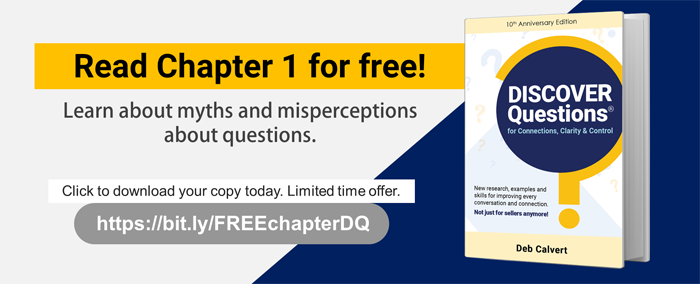Unconscious Bias Begets Unfairness
Every expression of unconscious bias has the potential to explode into something messy and damaging. Mental shortcuts are often counter-productive in human-to-human (H2H) interactions.
-
Viewing any individual favorably due to perceived affinity is obviously unfair – to others, to the elevated individual, and to you (because you’ll be disappointed when reality replaces the temporary glow of affinity).
-
Unfavorable assessments of others that are based on a perceived lack of affinity are also unfair. First, fast thinking is superficial. There could be loads of undiscovered affinity that will make you regret the initial, hasty assessment. Second, so what if someone is unlike you? That shouldn’t warrant an automatic, negative judgment. Instead, it’s often beneficial to find thought partners who bring fresh perspectives and dissimilar views.
-
Confirmation bias drives unfair conclusions that compromise decision-making and may make you seem ill-informed, stubborn, or unintelligent. Allowing your confirmation bias to operate without restraint will eventually cause others to see you in a negative light.
-
Conformity bias, too, interferes with fair and valid assessments. Doing what others do isn’t always what’s best for you. Doubting yourself because the majority leans another way isn’t fair to you or to the group. Your outlier opinion may be exactly what’s needed to save the group from unnecessary errors.
When unconscious biases run amok, H2H relationships suffer. Potential connections never form because people mischaracterize each other and miss out on finding affinities and/or discovering the value of their differences.
Unconscious Bias Results from Fast Thinking
Sometimes, fragile relationships fail because fast thinking displaces deeper connections. This may be what’s happening if you routinely tune out your significant other instead of empathetically listening and taking time to understand. Your fast thinking lulled you into a false sense of security, permitted rudeness, and caused you to take your significant other for granted instead of treating this very important person with the utmost of dignity and respect.
Frequently interrupting, making assumptions or unilateral decisions, leapfrogging straight to solutions before fully understanding the situation, and avoiding difficult discussions are all examples of mental shortcuts that interfere with H2H relationships.
Questions, when backed by genuine interest and good listening, will keep you from making these major missteps in relationships. Questions are your best defense when it comes to the prevention of fast thinking that can destroy relationships.
This is a snippet from the new book, DISCOVER Questions® for Connections, Clarity & Control, available on Amazon.

